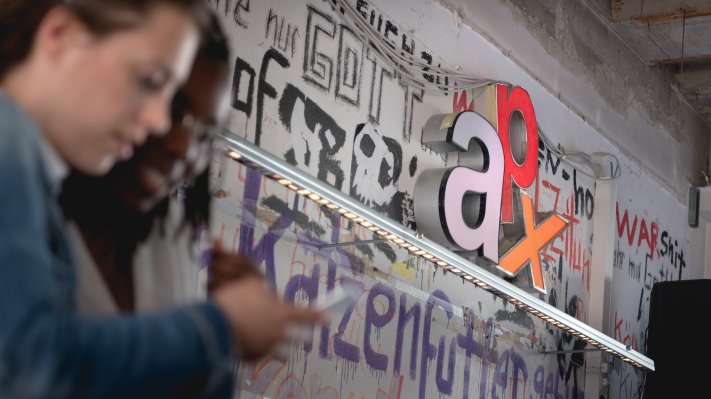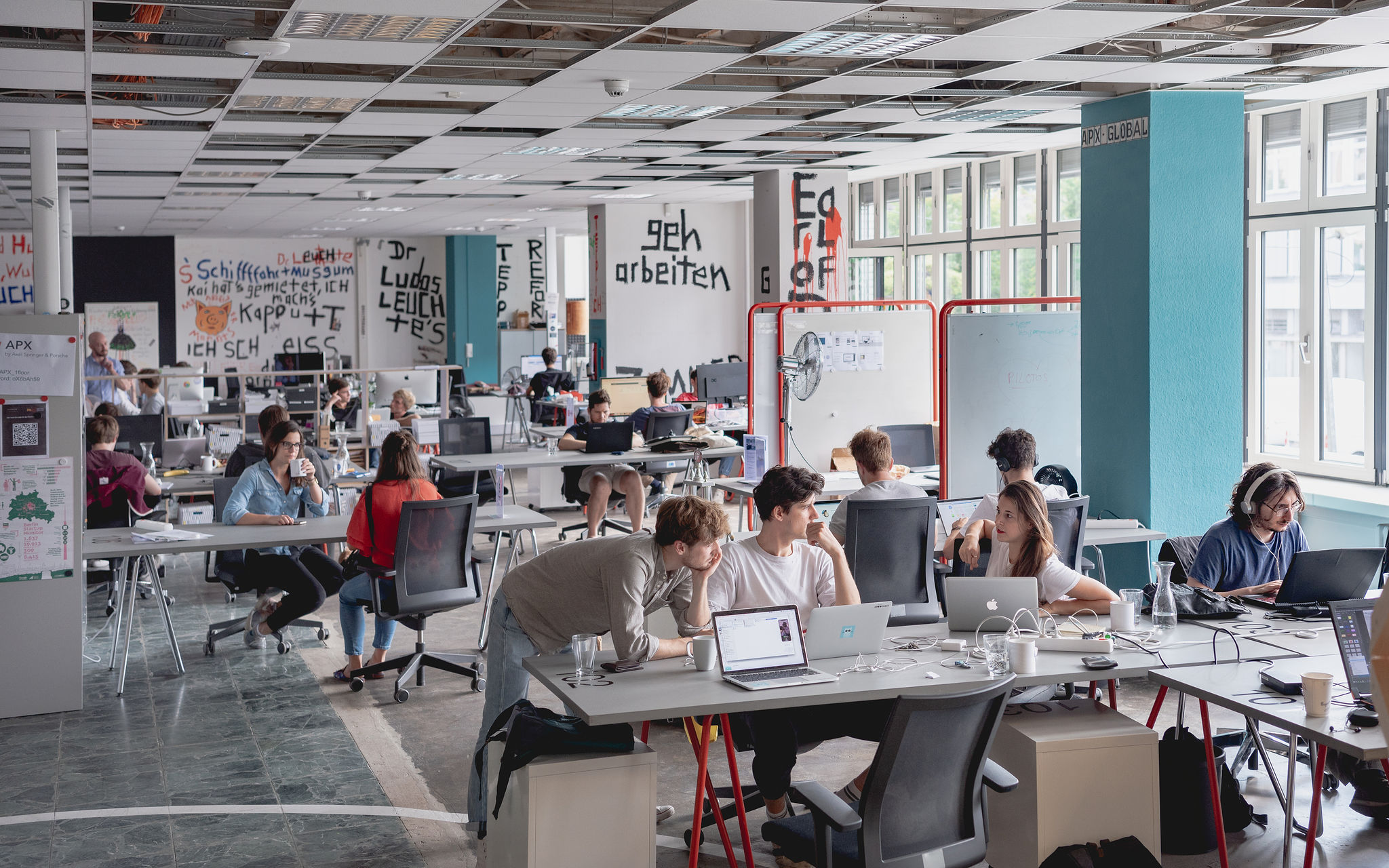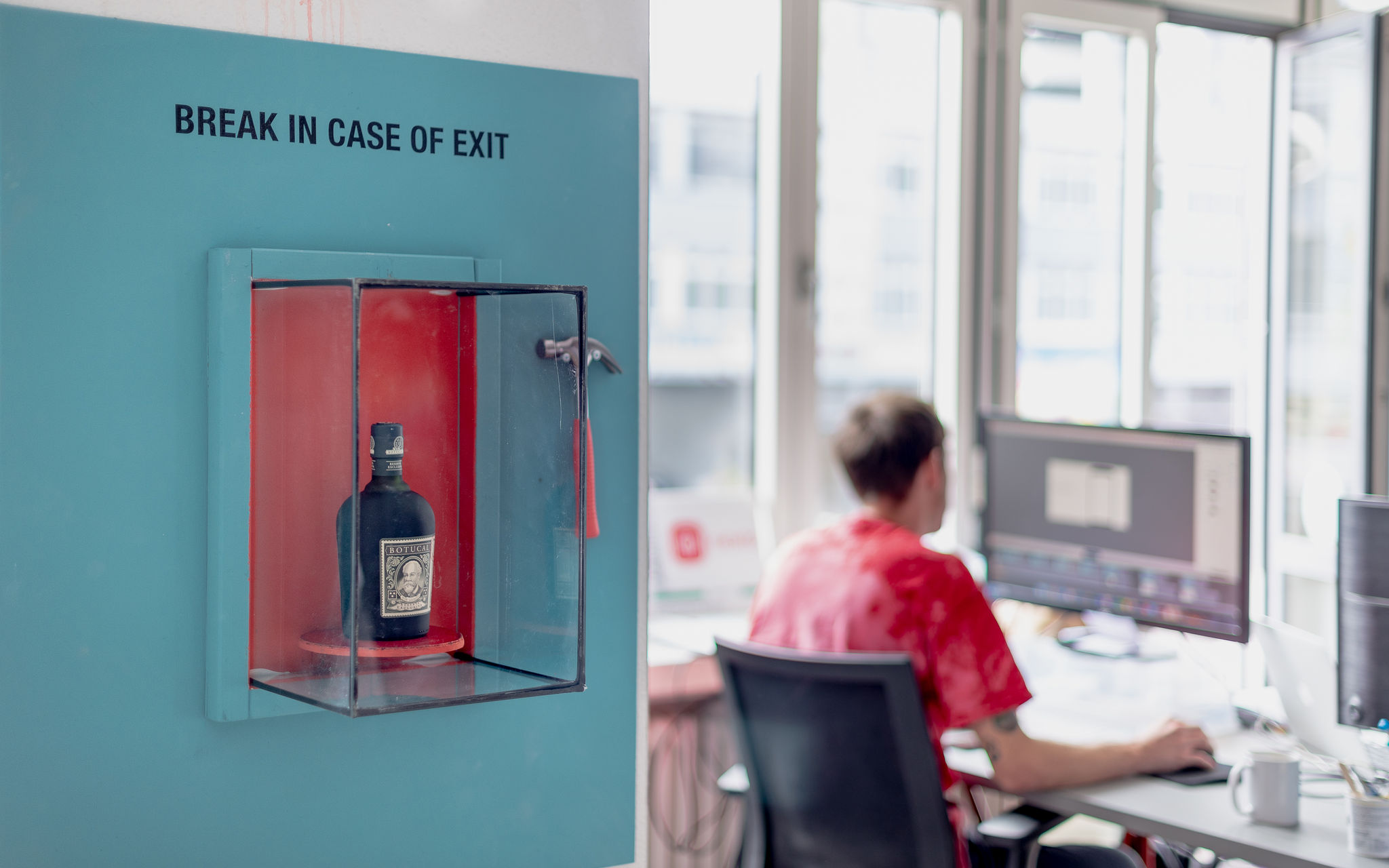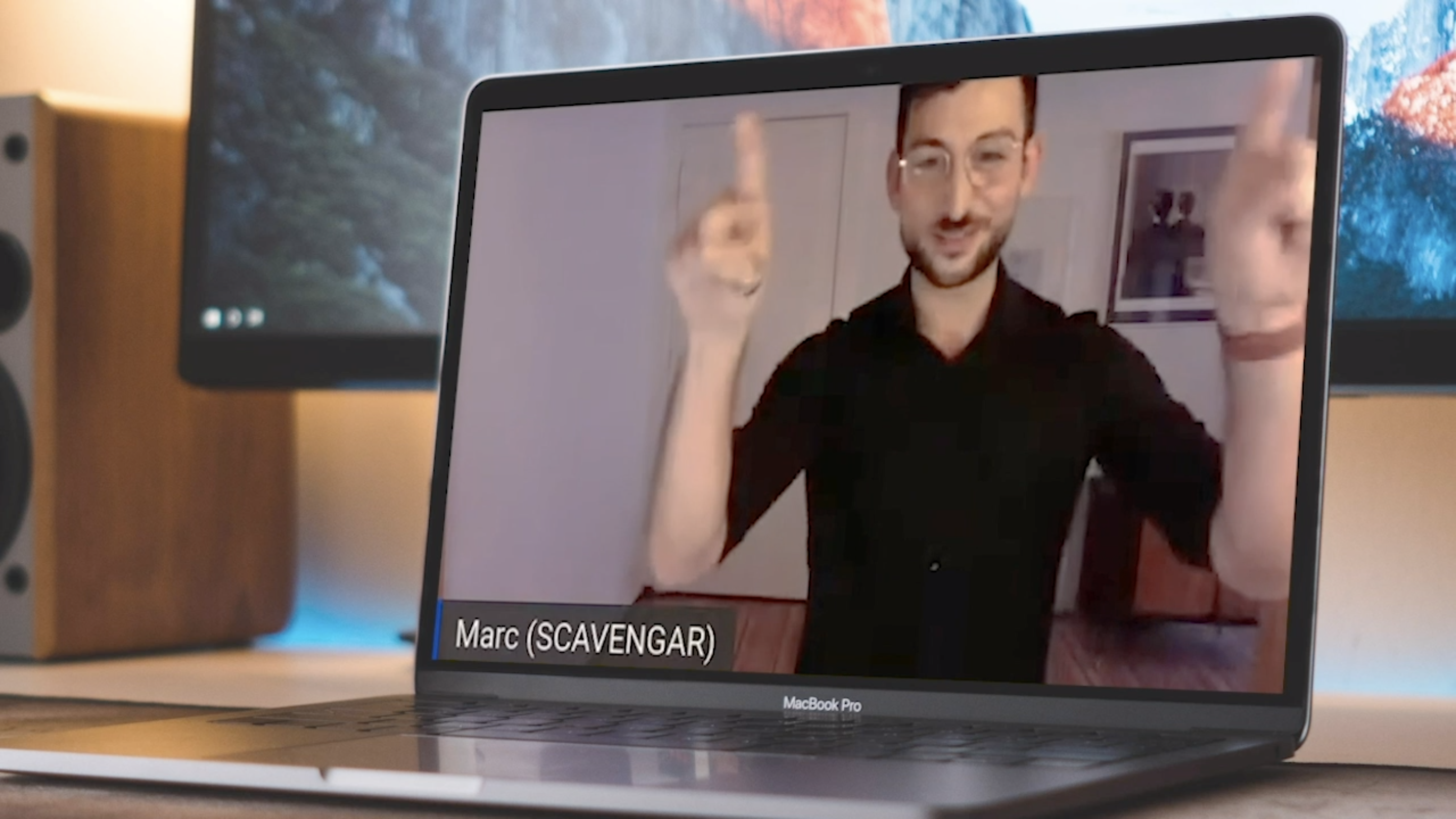APX is an early-stage accelerator in Berlin, but it’s not quite your average accelerator — it’s essentially a joint venture between giant European publishing house Axel Springer and Porsche, the German automaker. Earlier this month, we sat down with APX managing director Jörg Rheinboldt to discuss what makes APX different and how it’s weathering the coronavirus pandemic.
Rheinboldt has quite a bit of experience as both an entrepreneur and investor. He co-founded Alando.de, which was acquired by eBay in 1999 and donation platform betterplace.org in 2007. In 2013, he became CEO of Axel Springer Plug and Play and during his time as an investor, he put money into companies like N26, Zizoo, Blogfoster and Careship.
“We started APX because Plug and Play wanted to become more of a platform for matchmaking between startups and corporates,” Rheinboldt said when I asked him about the project’s origin. “We, the team, enjoyed investing in early-stage companies a lot and Axel Springer also enjoyed investing in early-stage startups a lot. So we decided to stop investing in new companies Axel Springer Plug and Play. We had invested in 102 companies — and focus[ed] on finding interesting teams to invest in with a new company that we needed to found.”
Rheinboldt took this discussion to his boss, Mathias Döpfner, the current CEO of Axel Springer, who encouraged him to find another shareholder. “If it’s only us, you might have to do what we want — and maybe you don’t want that,” he said Döpfner told him. In looking for a partner, Rheinboldt approached the Porsche family, which he had met at some of his previous investor events. The family was looking to diversify its portfolio, so after a few more meetings, including a presentation at Porsche’s leadership summit, the two companies decided to get into this business together.
One interesting thing Rheinboldt noted — and this isn’t so much about the Porsche family as a general observation — is that family offices are often resistant to getting into venture capital, at least in Germany.
“A lot of family offices, especially from family-owned companies, intellectually, they fully get venture capital — but emotionally they don’t,” he said. “They just don’t understand why you should start a company with the intention to sell it because what they do is have their company for several generations. And then having someone telling them, ‘I’m going to start this and then we’ll make it really big — and then we’re going to sell it.’ And then they’re like, ‘I got it until you effect and then we’re going to sell it. Why would you do that?'”
With Porsche Digital, the company had already made a couple of investments, but it never focused on early-stage companies. APX, on the other hand, has already invested in over 50 companies in the past two years since its inception. It ramped up its rate of investments over this time, but interestingly, COVID-19 hasn’t really changed the pace. The rate isn’t going up, but it’s holding steady for APX. The team saw less inbound interest for a week or two, but then things picked right up again. “Now, we look at between 20 to 40 companies per week that we actually look at and we did between two and five deals per month in the last [few] months,” explained Rheinboldt.
“I think that if you want to start a company, corona doesn’t change that,” he added and also noted that APX may be getting a lot of interest from founders because other VCs and angels in Berlin may have pulled back on some of their new investments because of the coronavirus pandemic — or decided to double down on companies that are already in their portfolios.
“We’ll see how this develops in the next [several] months, but the money is still there and I share the hope that the global economy will not go away.”
One thing worth noting here is that APX tends to do a lot of deals — but they tend to be small. They are all worth $50,000 for 5% and then the APX team works with the companies to find more investors. It can do this because, as Rheinboldt stressed, APX is really investing in the team.
“We like to invest into a team with an idea. And then we want to see how they implement this and how they turn their like dream into reality — or their plan into reality — and how they deal with this not working, which is usually the case, because you do something and then something else is the result.”
When APX evaluates these teams, it’s looking for a couple of early signals from the founders. “There are some red flags when we see that the founders are not aligned. When we notice that they have incompatible value systems. And so when we meet the teams, we barely let them pitch — we figured out that pitching is not too helpful for us.” Instead, the team meets with every company it’s looking to invest in twice. Once to talk about their venture strategy, to talk about how the founders think the company will evolve over time, and then for what APX called a “venture development session” to talk about the idea, how the founders met, how they plan to implement their idea and how they may handle a pivot.
“We do this in a larger group. We want to learn about how they interact with each other, how they jump in for each other — and then sometimes, we observe that something’s not aligned and then we address this and this usually — when there are team issues — then we don’t invest.”
And while APX isn’t a big believer in deciding who to invest in because of a pitch, Rheinboldt explained that once a company makes it into the accelerator, it starts working on helping these companies fine-tune their pitch immediately. And to get founders comfortable with this in front of an audience APX actually hosts a weekly pitch event that’s open to the public.
“Good founders, they don’t need any advice — they don’t like it when you tell them, ‘Hey, you have to do this.’ But what always works is to put them on stage, let them pitch their idea and then get questions from the audience where they are like, ‘Hey, I’ve got a question: I don’t really get your business model.’ And [these are] bearable ones. The second week, it’s annoying. The third week, it starts to get really embarrassing and then they do something about their pitch.”
Typically, before the coronavirus, 70 to 130 people came to these sessions. Right now, APX is still holding these events every Tuesday at 5 p.m. local time in Berlin — but obviously as a digital event.
Rheinboldt also stressed that the team isn’t looking for companies that would make for a good acquisition for Porsche or Axel Springer. The focus is obviously on digital businesses, but there’s no other mandate beyond that.
“So we have a broad scope of companies we invest in. And sometimes we do take topics where we look for companies. We did that with prop-tech. We did that with HR tech. For the past five months, we’ve been looking at digital health quite a bit. We started that before corona hit, but the timing was interesting, and I think the next topic, most likely, will be sustainability.”
To do this, APX needs a very broad network, of course, but that’s where having Porsche and Axel Springer as partners helps — as well as the team’s experience in the ecosystem.
APX, it’s worth noting, doesn’t take any board seats. That’s because the team is simply too small to do so and Rheinboldt argued that if the group does this for some companies, it should do it for all companies — and that’s simply not scalable.
As for the Berlin ecosystem, Rheinboldt argued that the investment environment has changed quite a bit in the last few years and become a lot more professional, diverse and international.
“I think Berlin is like a truly international city. And the amount of people living in Berlin who came here for the whole ecosystem is so strong these days, that it really is magnetic for founders and people who want to work in the digital industry. And there’s a, I think, quite healthy investment culture from German angels, VCs and also the global investors. It’s not as cheap as it used to be, but in comparison to other places, it’s still cheap.”
One other advantage for the city right now, Rheinboldt noted, is that as more companies are looking how to be remote, Berlin’s existing ties to countries like Romania, Poland, Belarus and others where there are strong developers will only help startups — and a lot of existing startups are already experienced in working with these remote developers.
“The romantic Jörg hopes that we will be able to build a global ecosystem of people working together in different countries and creating companies together, which, I think, is working, but not all of the companies are like this.”




